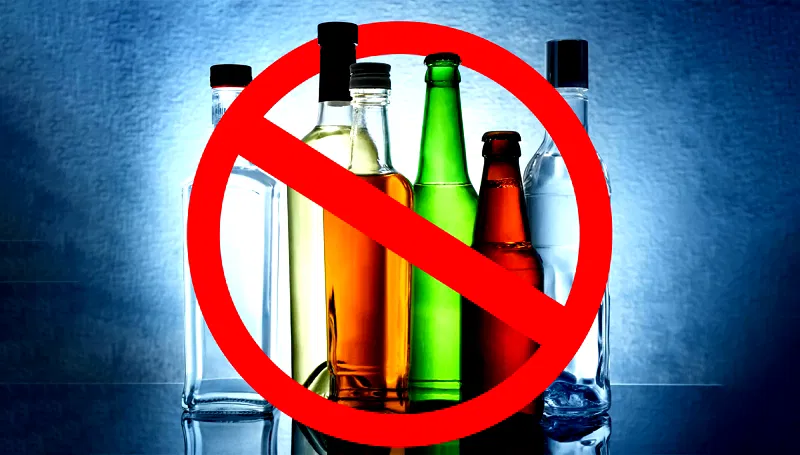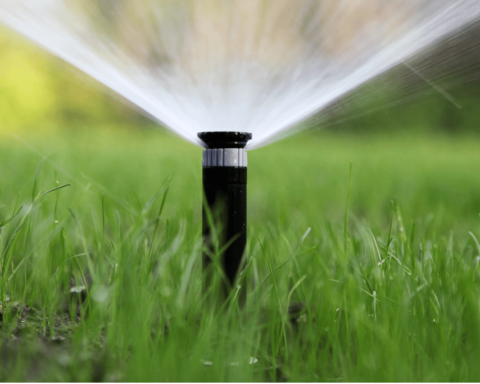Reducing alcohol consumption can be a challenging yet rewarding journey. Whether you’re seeking to cut back for health reasons or to address alcohol addiction, doing so gradually can increase your chances of long-term success. In this guide, we’ll explore effective strategies for reducing alcohol consumption step-by-step. We’ll also touch on how addiction rehab Toronto service companies can support your efforts.
Understanding the Grip of Alcohol Addiction
Before diving into strategies for reduction, it’s essential to understand what alcohol addiction entails. Alcohol addiction, or alcoholism, is a condition characterized by a compulsive need to drink despite negative consequences. This addiction can have significant impacts on both physical and mental health. It often requires a multifaceted approach to treatment, including professional support.
Why Gradual Reduction is Effective
Abruptly quitting alcohol can be overwhelming and may lead to withdrawal symptoms, making it harder to stick to your goals. A gradual reduction strategy allows your body and mind to adjust more smoothly. This method minimizes withdrawal symptoms and reduces the risk of relapse.
Steps to Reduce Alcohol Consumption Gradually
Set Clear Goals
Start by setting realistic and clear goals. Determine how much you want to cut back and by when. For instance, if you currently drink five drinks per day, aim to reduce that number by one drink per week. Clear goals help keep you focused and provide a sense of accomplishment as you progress.
Track Your Drinking
Monitoring your drinking habits can provide valuable insights. Keep a diary or use a smartphone app to log your alcohol consumption. Note the quantity, frequency, and the circumstances surrounding your drinking. This record helps identify patterns and triggers, making it easier to develop strategies to address them.
Plan Your Reduction

Create a structured plan to gradually reduce your intake. For example, if you drink three glasses of wine each evening, reduce it to two glasses for the first week. The following week, cut it down to one glass. Gradually decreasing your intake can make the process more manageable and less daunting.
Replace Alcohol with Alternatives
Finding alternatives to alcohol can help ease the transition. Opt for non-alcoholic beverages like sparkling water, herbal tea, or non-alcoholic beer. These options can fulfill the ritual of drinking without the alcohol content, helping to reduce cravings.
Identify and Manage Triggers
Triggers are situations or emotions that prompt you to drink. Common triggers include stress, social gatherings, or certain times of the day. Identifying your triggers allows you to develop strategies to manage them. For example, if stress is a trigger, consider practicing relaxation techniques or engaging in physical activities.
Seek Support
Support from friends, family, or professionals can be instrumental in reducing alcohol consumption. Share your goals with trusted individuals who can offer encouragement and accountability. Additionally, consider joining support groups or counseling services. Addiction rehab Toronto service companies offer various programs that provide both support and practical strategies for managing alcohol consumption.
Practice Mindfulness and Stress Management
Mindfulness and stress management techniques can be beneficial in reducing alcohol consumption. Practices such as meditation, yoga, and deep breathing can help manage cravings and improve emotional well-being. Integrating these practices into your daily routine can provide significant benefits in maintaining your reduction goals.
Adjust Your Environment
Modify your environment to support your reduction goals. Remove alcohol from your home to reduce temptation. If you frequently drink in certain settings, such as at specific social events or bars, consider finding alternative activities or venues that do not revolve around drinking.
Celebrate Your Progress
Acknowledge and celebrate your achievements, no matter how small. Each step you take towards reducing your alcohol consumption is a success. Reward yourself with non-alcoholic treats or activities that you enjoy. Celebrating your progress reinforces positive behavior and boosts motivation.
Know When to Seek Professional Help
While gradual reduction can be effective, there are times when professional help is necessary. If you find it challenging to reduce alcohol consumption on your own or experience severe withdrawal symptoms, seeking help from a professional is crucial.
Addiction rehab Toronto service companies offer various treatment options, including counseling, medication, and therapy, tailored to individual needs.
Conclusion
Reducing alcohol consumption gradually is a practical approach to managing alcohol addiction. By setting clear goals, tracking your progress, and seeking support, you can navigate this journey with greater ease. Remember, it’s a process, and it’s important to be patient with yourself. For those needing additional assistance, addiction rehab Toronto service companies can provide valuable resources and support to guide you through the process.
If you’re ready to take control of your alcohol consumption, start with these strategies and seek the support you need. With time, dedication, and the right approach, you can achieve your goals and lead a healthier, more fulfilling life.
Keep an eye for more news & updates on EssentialTribune.Com!








